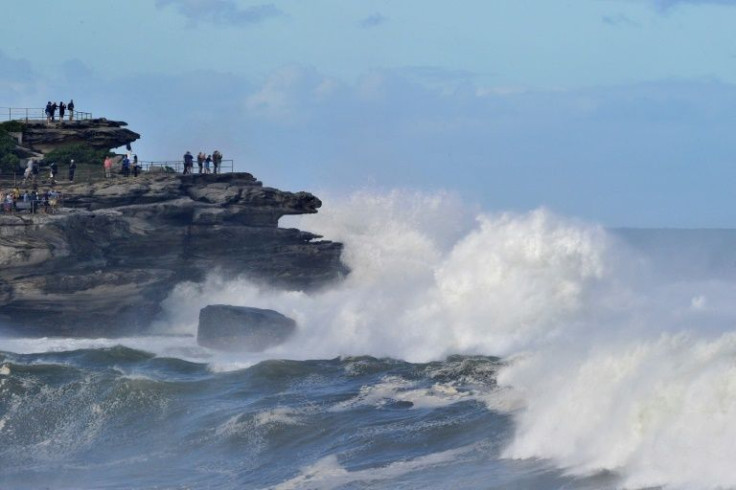Is The Planet Trying To Tell Us Something? Heat, Disasters Hit Before Summer Starts
Global heat-related crises due to climate change have led to increased environmental and health risks, according to collaborated research from Rhodium Group and the Climate Impact Lab consortium.
The study revealed the number of lives saved by achieving carbon neutrality nationwide, as well as state by state, with the effects of climate change killing 45 per 100,000 people. Only strokes and heart disease killed more people.
An estimate from researchers shows that if the U.S. cuts its emissions to net-zero by 2050, it would save 7.4 million lives around the world. According to the report, heat stress affects over "12 times the number of people compared to a world without climate change."
"Each additional ton of carbon has these global impacts – there is a tangible difference in terms of death rates," Hannah Hess, associate director of Rhodium, told the Guardian.
Addressing climate change could save the U.S. around $3.7 trillion in "adaptation costs." Adaptation costs mean spending on air conditioning, cooling centers, and warning systems that alert people when a heat have is on the way. A report released in May also reveals that global inaction on climate change could cost the global economy $178 trillion from now until 2070.
On Thursday, 64 million Americans were living under heat alerts. The extreme heat has already caused multiple wildfires throughout the country. In 2020, wildfires cost about $16.5 billion in damages and experts predict the problem with natural disasters will only get worse as climate change does.
Mass flooding, which closed Yellowstone National Park on Monday, also highlights one of the effects of climate change and rising temperatures. The current conditions in Yellowstone happened because of excessive snow melt and rainfall in the area. Scientists for the U.S. Geological Survey from Montana State University and the University of Wyoming wrote that the flooding is a direct result of climate change.
The heat waves also affect animals. Kansas reported Tuesday that at least 2,000 cattle deaths occurred as a result of higher temperatures. It is unclear if climate change is inherently tied to cattle deaths.
Research has shown that crop yields and natural disasters will worsen with time if climate change keeps this pace.

© Copyright IBTimes 2025. All rights reserved.






















